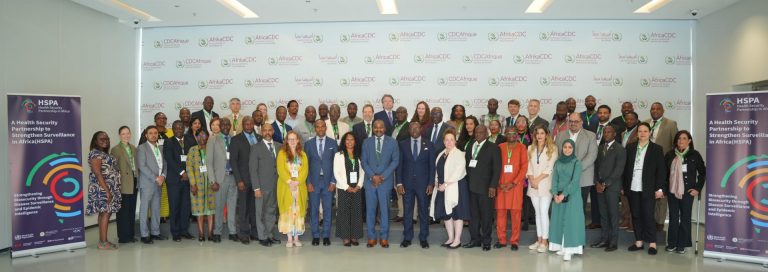Joint health authorities have announced the expansion of the Health Security Partnership for more Africa nations. The joint health partners include the World Health Organization (WHO), the Africa Centres for Disease Control and Prevention (Africa CDC), and the Robert Koch Institute (RKI).
This partnership, which started in 2023 in six countries – The Gambia, Mali, Morocco, Namibia, South Africa, and Tunisia – is now adding Rwanda in its second phase, which will run from 2025 to 2028.
Although Africa faces more disease outbreaks than any other region in the world, the health organizations have witnessed progress in disease surveillance. Experts say no country can handle today’s health threats alone.
Read Also: Mpox cases rise in Malawi amid healthcare crisis
The HSPA initiative helps countries better detect and respond to public health threats, including those that are natural, accidental, or intentional.
The program promotes “collaborative surveillance,” a system that connects health and security sectors to reduce biological risks. It focuses on areas such as biorisk management, genomic surveillance, event and indicator-based surveillance, and epidemic intelligence.
Dr. Chikwe Ihekweazu, Acting WHO Regional Director for Africa, said the partnership is a step forward in building stronger cooperation for health security. He pledged support to ensure these efforts are well-coordinated, practical, and in line with national goals.
Dr. Raji Tajudeen from Africa CDC added that the organization will help countries develop regional frameworks for monitoring dangerous biological agents and improve early detection systems.
Dr. Tajudeen said that to fight against health threats, countries need to work together, describing collaboration as especially important now, as many countries have limited resources to deal with such threats.
The project is funded by the Government of Canada through its Weapons Threat Reduction Program, with additional support in this second phase from the United Kingdom.



